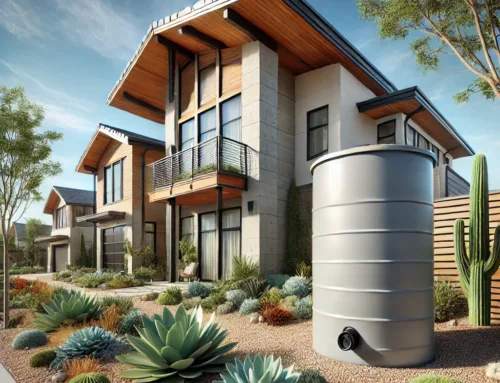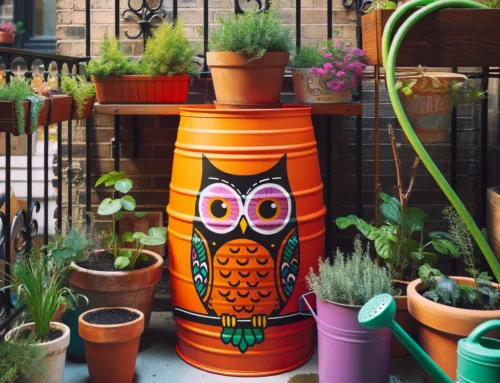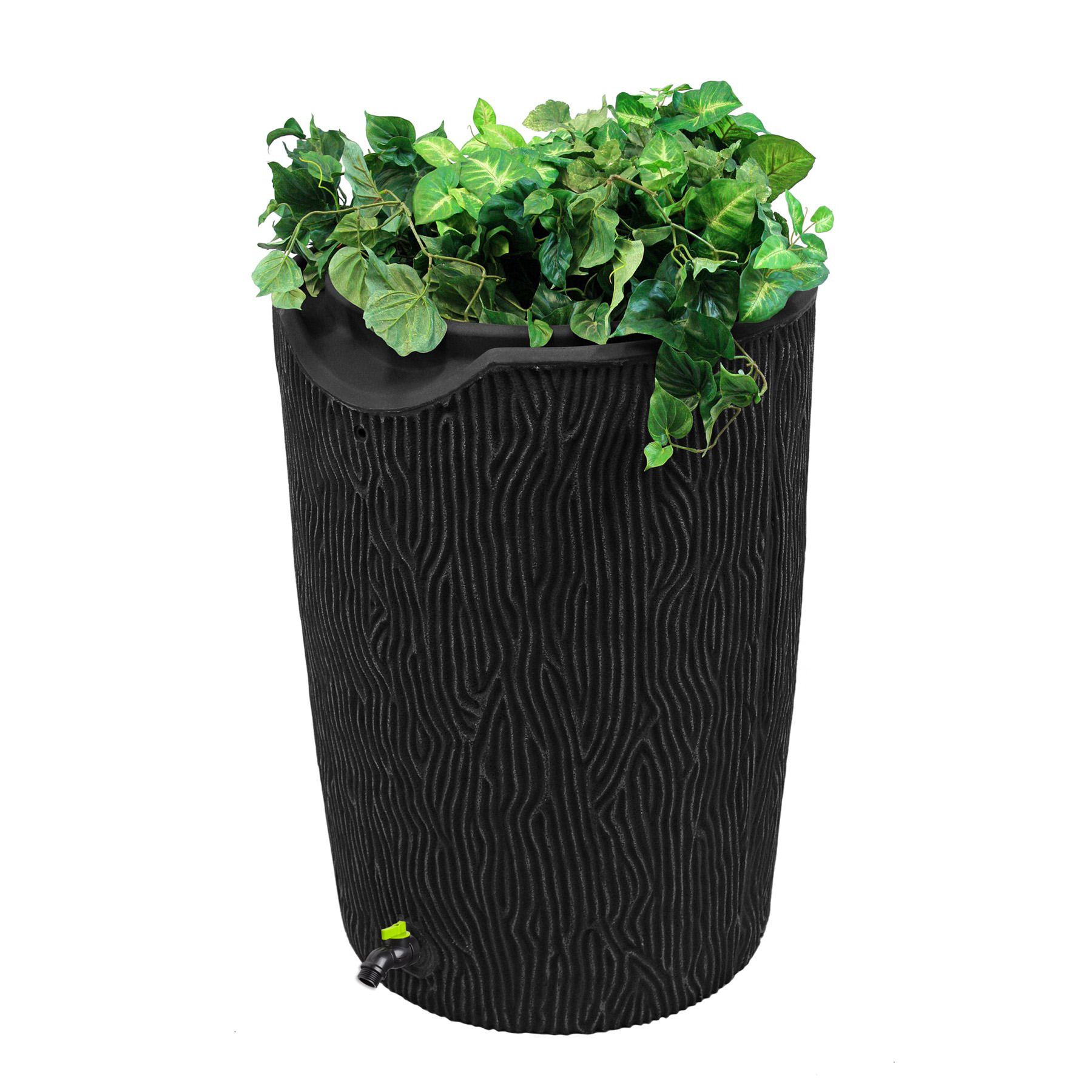Water is one of our most precious resources, and with climate change altering weather patterns, the importance of sustainable water management has never been clearer. For those living on the East Coast, where rainfall is relatively abundant, rainwater reclamation presents an incredible opportunity to conserve water, save money, and contribute to environmental stewardship. But what exactly is rainwater reclamation, where is it legal, and why should you consider it for your home or business? Let’s dive into these questions and explore the fascinating world of rainwater collection.
What is Rainwater Reclamation?
Rainwater reclamation, often referred to as rainwater harvesting, is the practice of collecting and storing rainwater for later use. This is typically done by capturing rain from rooftops via gutters and directing it into a storage system, like a barrel, cistern, or tank. The water can then be used for various purposes, from watering gardens to flushing toilets and even, with proper filtration, drinking.
This ancient practice has gained renewed interest as communities seek to reduce their environmental impact and prepare for increasingly unpredictable water supplies. It’s a simple yet effective way to make the most of a natural resource that would otherwise go to waste.
The Legal Landscape: Where is Rainwater Harvesting Legal on the East Coast?
Rainwater harvesting laws can vary significantly from state to state. Fortunately, the East Coast is generally rainwater-harvesting friendly, but there are a few nuances you should be aware of.
- Maine: Rainwater harvesting is legal and encouraged. The state has no regulations that restrict rainwater collection, and it is widely practiced, particularly in rural areas.
- New Hampshire: Also supportive of rainwater harvesting, New Hampshire has no specific restrictions, allowing residents to collect and use rainwater as they see fit.
- Massachusetts: While there are no specific laws governing rainwater harvesting, Massachusetts residents are free to collect rainwater. The state promotes the practice as part of its water conservation efforts.
- New York: In New York, rainwater harvesting is legal and encouraged, especially in New York City, where green infrastructure initiatives actively promote rainwater collection as a way to reduce stormwater runoff.
- New Jersey: Like many of its neighbors, New Jersey has no specific prohibitions against rainwater harvesting, and it is considered a valuable conservation practice.
- Pennsylvania: Rainwater collection is legal in Pennsylvania, with the state offering resources to help residents and businesses implement rainwater harvesting systems.
- Maryland: Maryland encourages rainwater harvesting, especially as a method to reduce stormwater runoff and improve water quality in the Chesapeake Bay.
- Virginia: Rainwater harvesting is fully legal in Virginia, and the state provides incentives for homeowners who install rainwater collection systems.
- North Carolina: Rainwater harvesting is legal and promoted, with the state offering incentives for residents to install systems for non-potable uses like irrigation.
- South Carolina: There are no restrictions on rainwater harvesting in South Carolina, and it’s encouraged as part of broader water conservation efforts.
- Georgia: Though slightly farther south, it’s worth noting that Georgia has no restrictions on rainwater harvesting and promotes it as a way to conserve water.
As you can see, the East Coast is largely supportive of rainwater harvesting, with most states either encouraging the practice or offering no barriers to its implementation. This makes it an excellent option for those looking to make their homes or businesses more sustainable.
Why Rainwater Harvesting is a Smart Idea for the Future
Rainwater harvesting offers a myriad of benefits, both for individual users and the broader community. Here are some compelling reasons why you should consider implementing a rainwater collection system:
- Water Conservation: One of the most obvious benefits is the reduction in demand for municipal water supplies. By using rainwater for tasks like irrigation, toilet flushing, and even laundry, you can significantly cut down on your use of treated water. This not only conserves water but also reduces the energy and resources needed to treat and deliver that water.
- Cost Savings: Over time, rainwater harvesting can lead to significant savings on your water bill. Even if you’re only using rainwater for your garden, the reduction in water usage can add up, particularly during the summer months when outdoor water use typically spikes.
- Stormwater Management: Rainwater harvesting helps reduce the burden on stormwater systems, which can become overwhelmed during heavy rains, leading to flooding and water pollution. By capturing rainwater on your property, you’re helping to manage stormwater more effectively, which can improve local water quality and reduce the risk of flooding.
- Environmental Impact: Collecting rainwater reduces the need for infrastructure expansion, such as new reservoirs or water treatment plants. This minimizes the environmental footprint of water management systems and helps protect natural water bodies from being overdrawn.
- Drought Resilience: In times of drought or water restrictions, having a stored supply of rainwater can be invaluable. It provides a buffer that can keep your garden green, your toilet flushing, and even provide emergency drinking water if needed.
- Improved Plant Health: Rainwater is free of the salts and chemicals found in treated tap water, making it better for plants. Your garden will thrive with the naturally soft, pure water that rain harvesting provides.
Getting Started with Rainwater Harvesting
If you’re intrigued by the benefits of rainwater harvesting, here’s how you can get started:
- Assess Your Needs: Determine how much water you want to collect and what you plan to use it for. This will help you decide on the size and type of storage system you need.
- Choose a Collection System: The most common systems include rain barrels, which are perfect for small-scale use, and cisterns, which are larger and can store more water for broader use. Make sure the system you choose is appropriate for your roof size and local rainfall patterns.
- Installation: Installing a rainwater collection system can be a DIY project if you’re handy, or you can hire a professional to ensure everything is set up correctly. The key is to ensure that gutters are clean and properly angled to direct water into your collection system.
- Maintenance: Regular maintenance is essential to keep your system functioning well. This includes cleaning gutters, inspecting the storage tank for leaks, and ensuring that the water is filtered if it will be used for potable purposes.
- Stay Informed: Keep abreast of local regulations and incentives. Some states offer rebates or tax incentives for installing rainwater harvesting systems, which can help offset the initial cost.
Challenges and Considerations
While rainwater harvesting has many benefits, there are a few challenges and considerations to keep in mind:
- Initial Costs: The initial setup costs for a rainwater harvesting system can be significant, particularly if you’re installing a large cistern or need to modify your gutter system. However, these costs can often be recouped through water savings and potential incentives.
- Water Quality: If you plan to use rainwater for drinking or cooking, it must be properly filtered and treated to ensure it’s safe. This adds another layer of complexity and cost to your system.
- Regulations: While rainwater harvesting is legal in most places on the East Coast, it’s important to check local codes and regulations to ensure compliance. Some areas may have specific requirements or guidelines to follow.So yea! Start collecting!
Rainwater reclamation is more than just a trendy green practice; it’s a practical, cost-effective, and environmentally responsible way to manage water resources. For those living on the East Coast, where rainfall is plentiful and the legal landscape is supportive, rainwater harvesting represents a fantastic opportunity to contribute to a sustainable future.
Whether you’re looking to reduce your water bill, manage stormwater, or simply take a step towards self-sufficiency, rainwater harvesting is an idea whose time has come. With the right system in place, you’ll be well on your way to reaping the many benefits of this ancient yet innovative practice. So, why not let the next rainstorm fill your barrel, and your heart, with the satisfaction of knowing you’re doing your part for the planet?
Related Posts
Explore Rain Barrels!
Sustainable Water Solutions
Embrace eco-friendly practices with our selection of Good Ideas rain barrels. From stylish designs to efficient water collection systems, find the perfect solution for your property’s needs.






